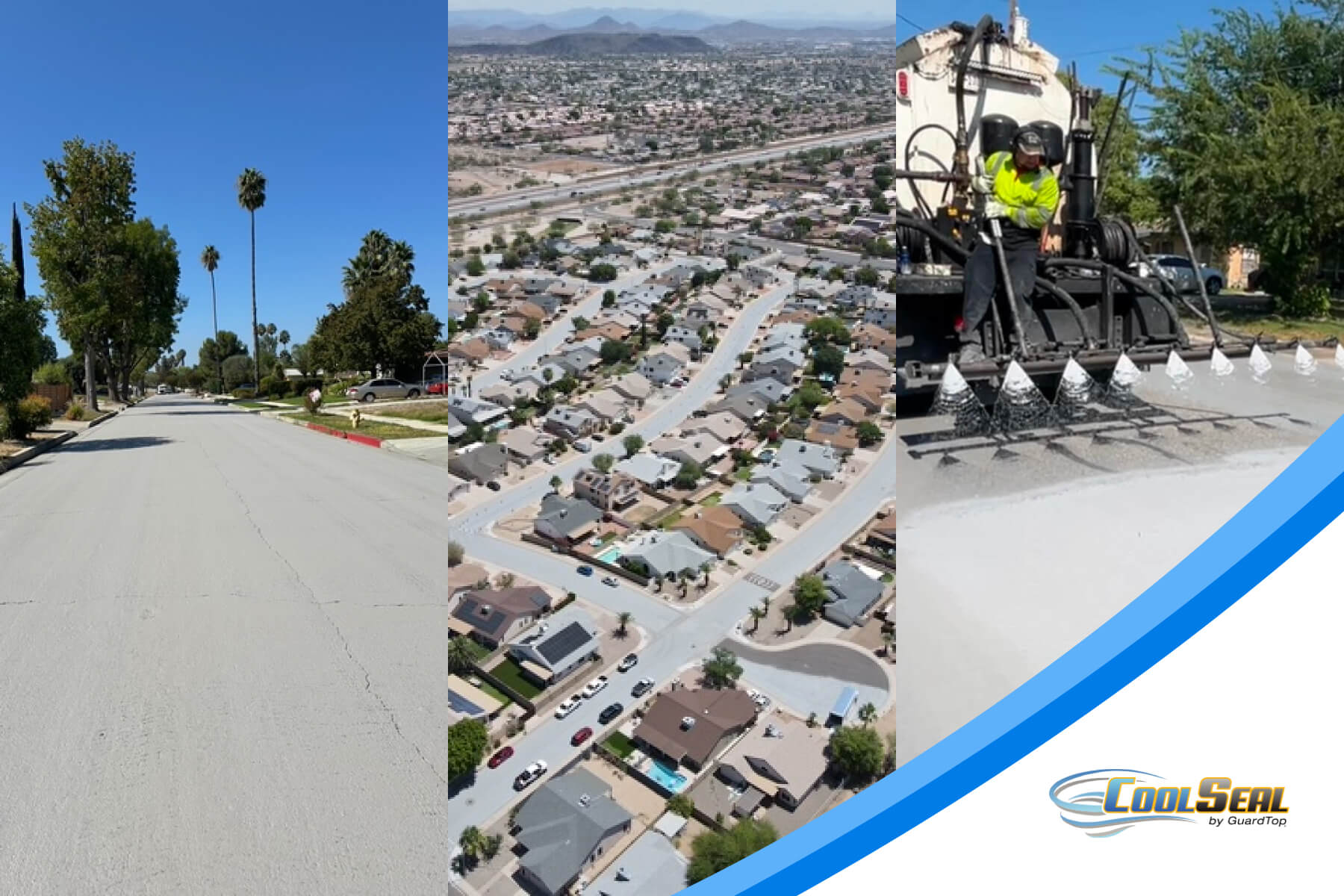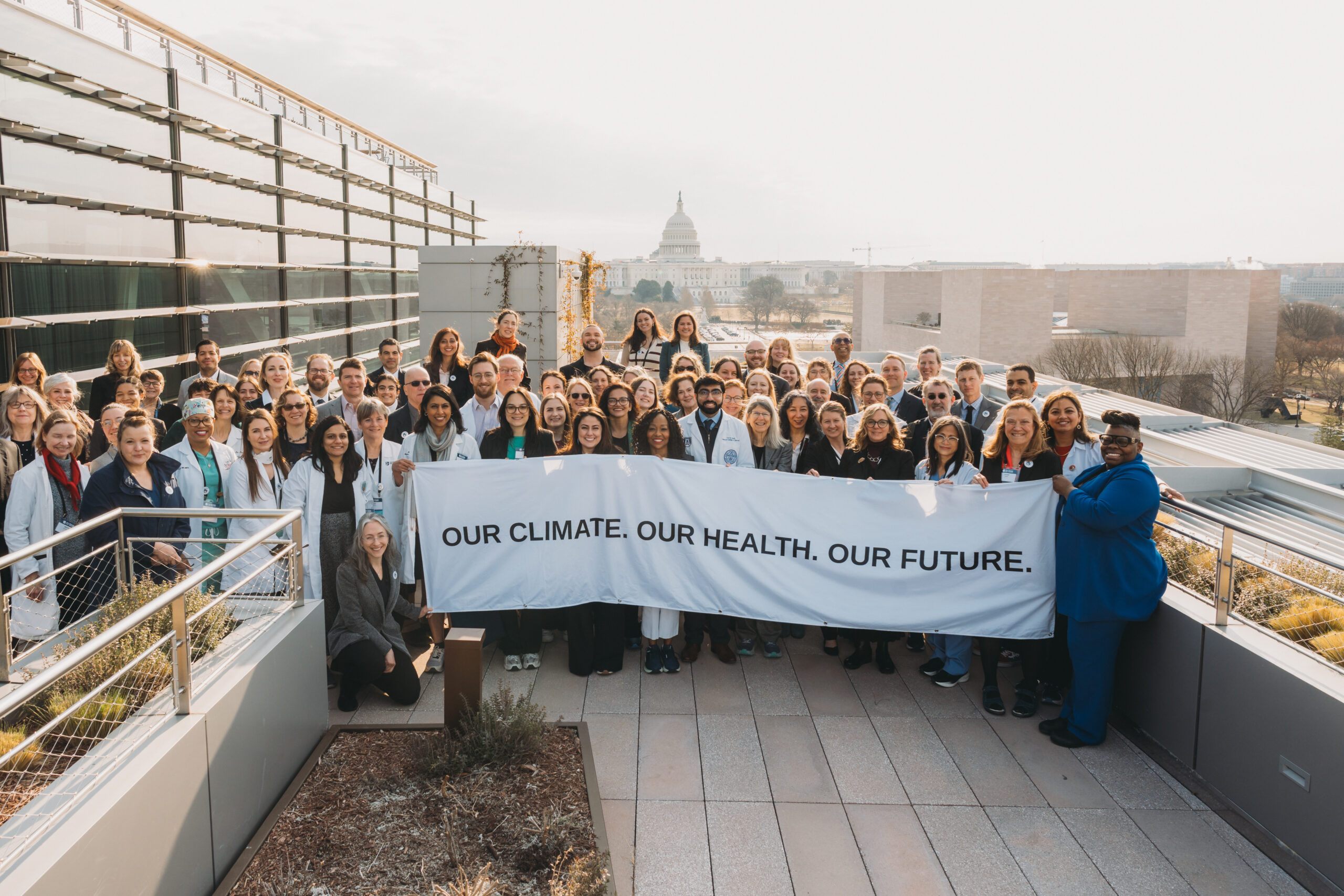As featured by KTAR News:
Sunbathers understand the benefits of applying sunscreen, but in America’s hottest big city the same concept is being tested at street level in the hope of bringing some lasting relief from the relentless Arizona sun.
A team from Arizona State University is working with the city of Phoenix on a pilot program studying the use of “cool pavement” to reduce heat island effect, a phenomenon that raises temperatures in urban areas covered by asphalt and concrete.
Ronnen Levinson, who leads the Heat Island Group at Lawrence Berkeley National Laboratory in Berkeley, California, said cool pavement can simultaneously address some of the most important issues facing the hottest cities in the U.S. and a world experiencing alarming climate change.
“Cool pavements have potential to mitigate the urban heat island, to save energy in buildings if they lower the outside air temperature, reducing the demand for air conditioning in the building, and they can slow global warming by reflecting more sunlight back to space,” Levinson said.
This article was originally published by KTAR News. Read the full article here.





